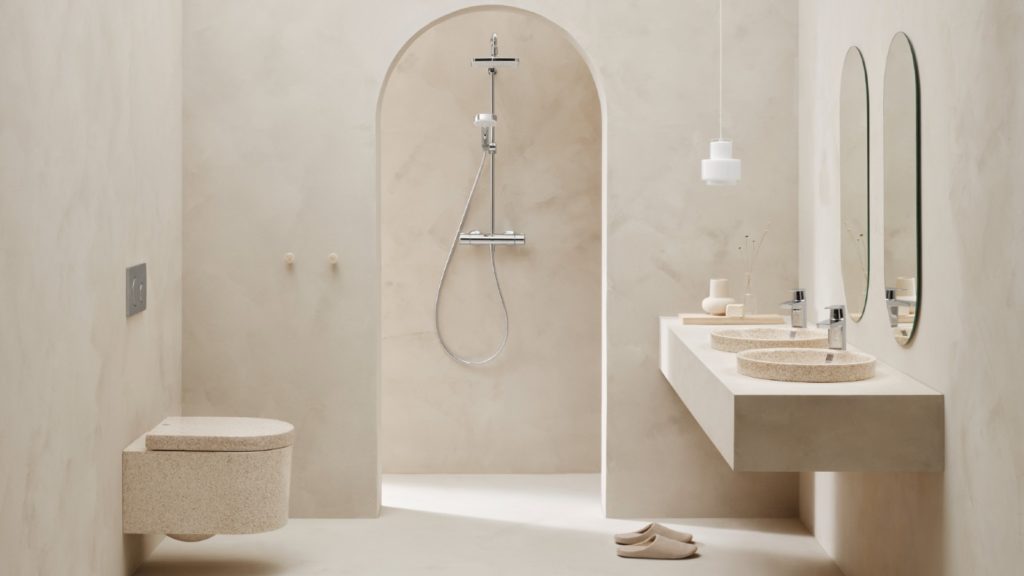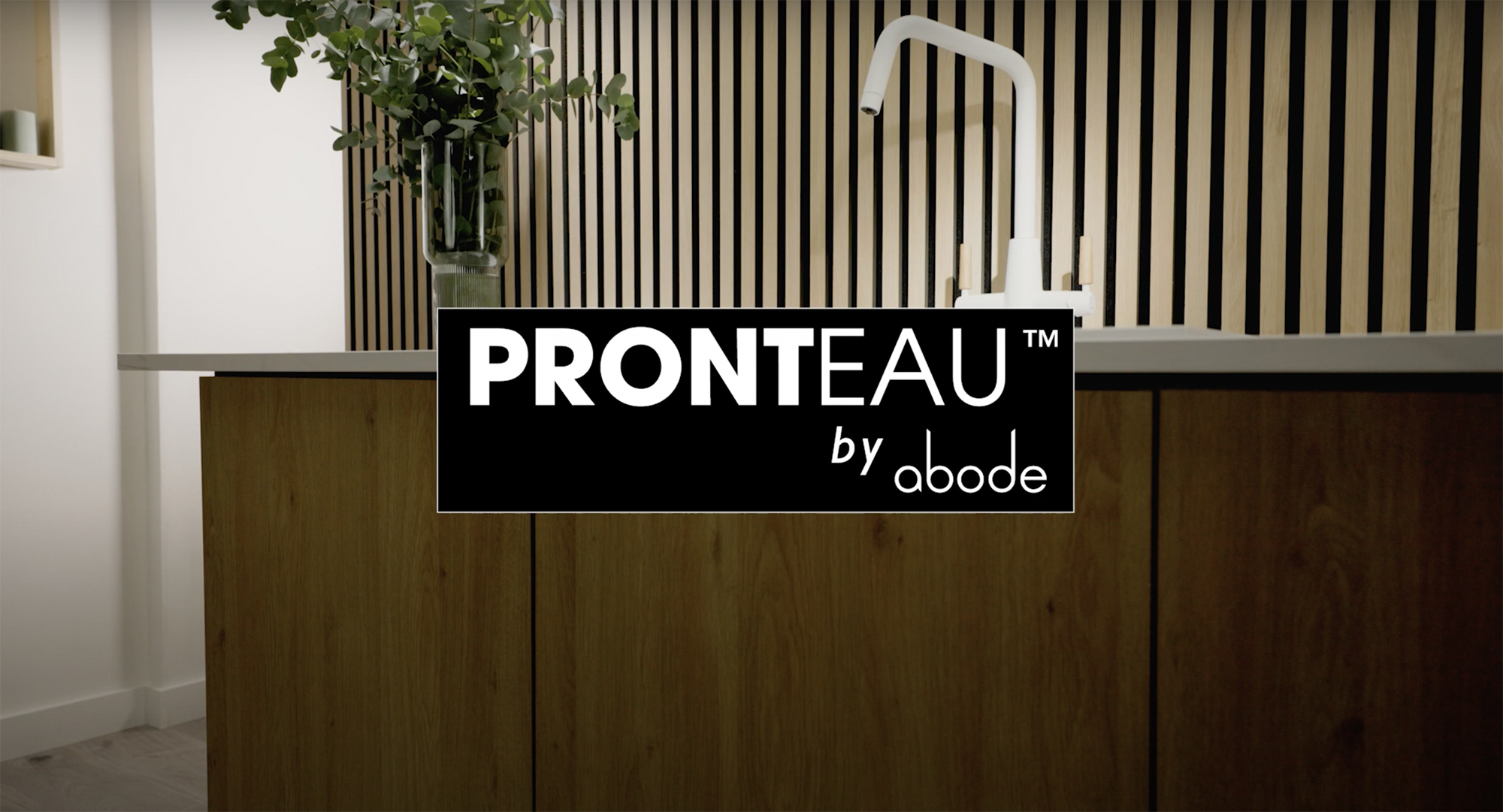On Earth Day, business development manager of Woodio Laura Dixon explains the importance of materiality when choosing sustainable products for the bathroom

When it comes to sustainability, materiality is crucial. In bathroom and kitchen interior schemes, every element must be carefully considered – they have all used the Earth’s resources to be made after all.
With that in mind, those contributing the least negative environmental impact should be central to the space.
Sponsored Video
Ceramic and stone alternative
Woodio has been crafted in response to this very sentiment.

Manufactured in a low carbon, no-heat process in Finland, responsibly-sourced wood chips from PEFC/SFC forests combine with resin-based binders to create a biomaterial applied to washbasins, baths, and WCs.
An environmental alternative to the conventional ceramic and stone materials, often used in kitchen and bathroom projects, the manufacturing process undertaken by the team in Helsinki consumes almost no water and has no energy intensive phases.
As a result, Woodio’s carbon footprint is lower than that of traditional factories, with the goal of carbon negativity set for 2025.
While Woodio products were crafted with longevity in mind, when they do meet their eventual end-of-life, they can be crushed and used to generate energy, or used in cement. There are also plans to enable recycling in the near future.
This respect for the environment quite literally shows, with a textural aesthetic created by the sustainably-sourced wood chip material mix, and a colour palette inspired by Nordic nature.
Launching with two collections of washbasins, bath, and WC, the Core and Made To Order ranges from Woodio UK allow for customisation, available to specify through sole UK distributor, Rena Products.



